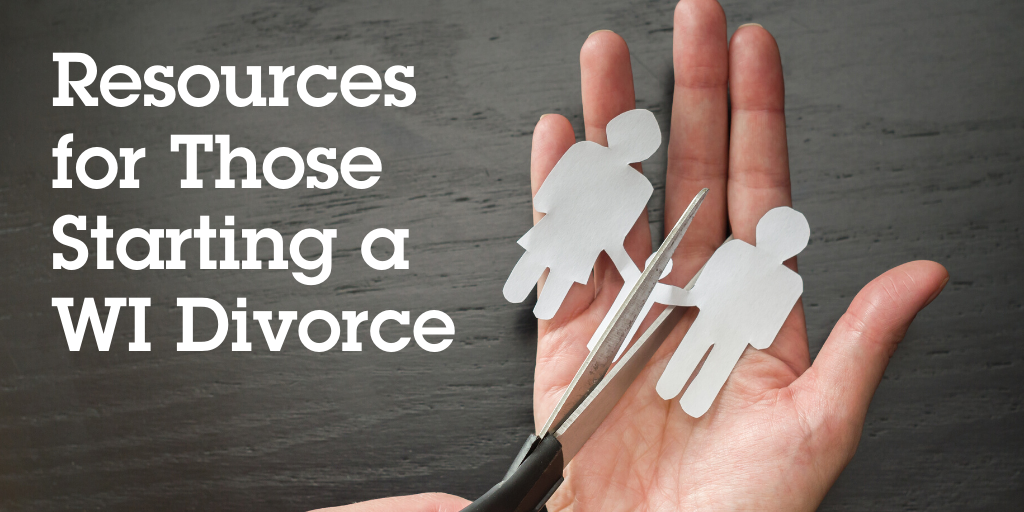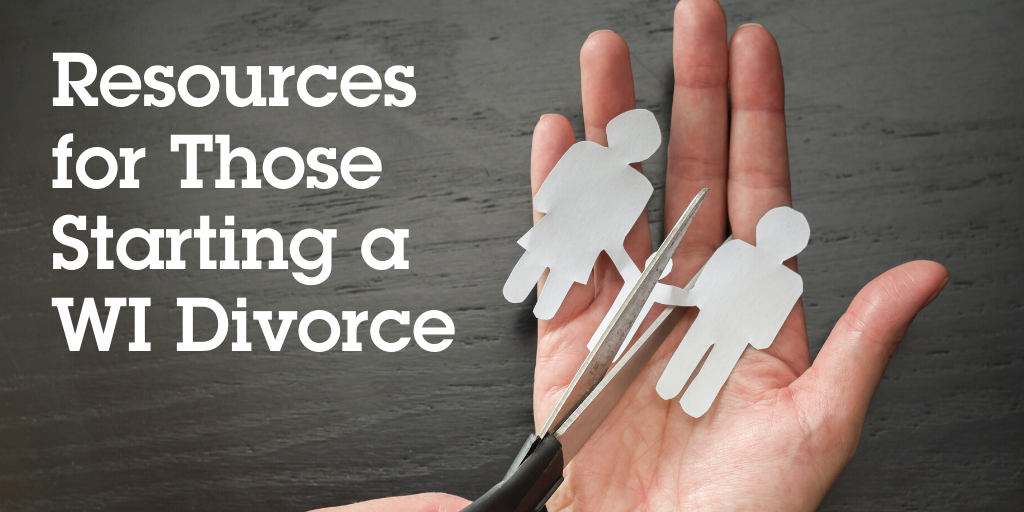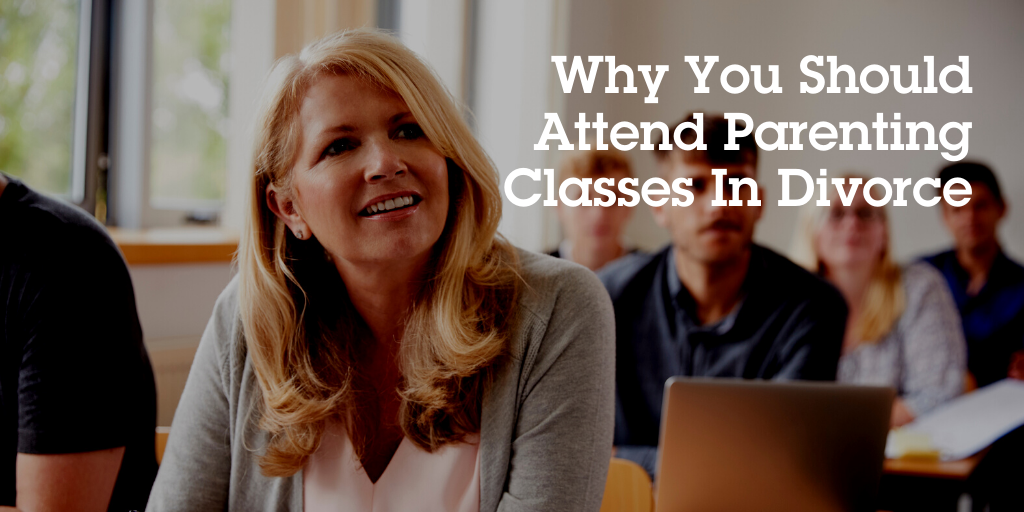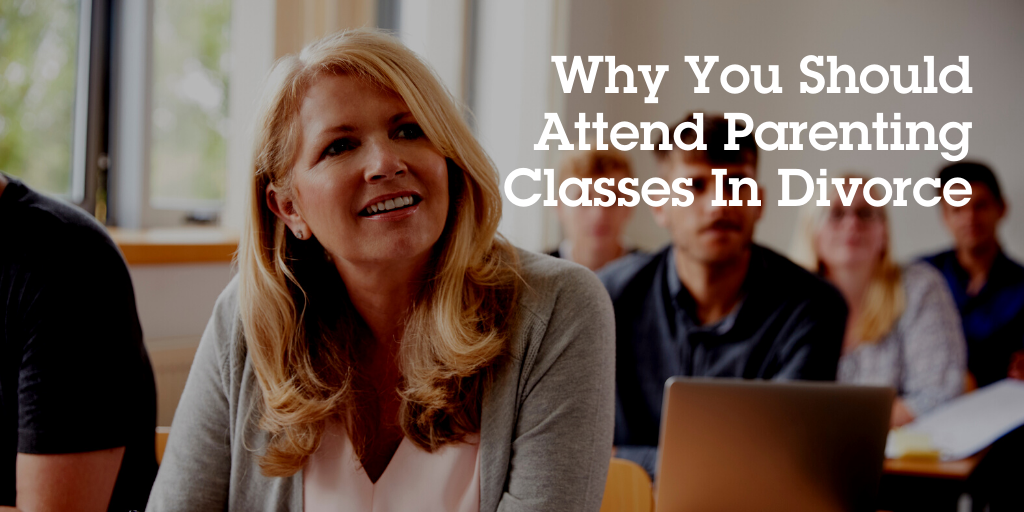Do you notice your mind constantly worrying, berating or scolding? “I can’t leave my marriage. I’m not ready. What if I can’t support myself? What will happen to the children?” We also worry that we’re not good enough, not smart enough, that we’ll never find someone who will truly love us. We have insecurity, anxiety, self-consciousness. Sometimes, this anxious inner talk even affects our ability to sleep. For many of us, these thoughts have become our reality. As though immersed in a movie, we don’t see the couches or even the other people in the room (unless you have that one person who talks throughout the movie.)
We Are Not Our Thoughts
Freeing ourselves is the focus of
“The Untethered Soul” written by Michael A. Singer (2007). We are so entrenched in these thoughts that we think
they are us. But is that true? No. Because even if these thoughts ceased completely, we would still exist. The chatter is not us. Who are we then? Our essence is the
observer of those thoughts. When we learn how to quiet our minds, we will then connect with who we really are, the observer or our inner energy, called our “Soul” in the west, and “Chi” in the east.
Michael Singer compares the body to the mind. We don’t even think about our bodies unless something is wrong. But our minds are constantly chattering. “Can I trust him? How am I going to respond?” “What if she drags the kids into this?” Immersed, we’re like fish that don’t see the polluted water around us.
Why are so many thoughts about “me” and “I”? It’s because we’re not ok inside our minds. Michael explains that pain is how our body talks to us. When we overeat, we have a stomachache. Drink too much, we have a headache. Similarly, our mind is communicating jealousy, insecurity, and anxiety. All those stem from fear, one of the most powerful emotions. Fear is how our mind talks to us when it is not well. For many of us, our psyche has not been right. (Not because of divorce but for a long time before.)
We’ve Given Our Minds an Impossible Task
Why? Most of us have given our psyche an incomprehensible task. We’ve said to our mind, “I want everyone to like me, I don’t want anyone to speak badly of me. Only give me what I like. No one should ever hurt me. I want to feel loved and respected by everyone.” Now go make these things a reality. In response, the mind reacts day and night to perceived slights, blaming, shaming and giving poor advice such as the “comb over” for the bald spot.
This advice comes from our fears. Providing more than fashion miscues, it creates an impossible quest crafting external solutions because it can’t fix the inner cause. “If I can hit my revenue goal, then I’ll be happy.” “If I were single I’d be happy.” “I just need a raise, then I’ll be happy.” “If people would say ‘Hello’ to me, then I would be happy.” “If only I were wealthier, thinner, prettier, smarter . . .” Does that end our insecurities? It just reveals them. Even if one problem is met, there will be the next one tomorrow.
Deal With the Thorns
The root problem is that we do not feel whole and complete
within ourselves. We are so used to suffering that we don’t even notice it until it becomes worse than usual. Some of this stems from childhood pain and trauma. Michael likens these to thorns. We live with them. But we avoid touching them or letting other people get close enough to touch them.
Many of us develop elaborate coping mechanisms to deal with the thorns. We suppress them and bury them. We drown them in addictions that help temporarily but we’re left feeling disgusted, anxious or unhappy without “the fix.” When there is an occasion for joy, we can’t feel it because we have locked away all our other feelings along with the thorns. (Instead of authentic joy, sometimes we instead take guilty glee in others’ failures or “
Schadenfreude.”) Whatever the coping mechanism, years later, we congratulate ourselves successfully not being hurt by the thorns. But in the end, we realize we had to devote most of lives avoiding them.
Removing the thorns seems obvious. But it is painful. Most of us need help. With the right professional help, we can recognize them, feel the temporary pain of them and let them go. This book isn’t about recovering from childhood trauma. But it emphasizes dealing with the thorns instead of avoiding them. Again, when we don’t deal with the internal problem, our psyche tries to solve this externally with money, food, alcohol, or people. We must let go of expecting our mind to protect us from the natural unfolding of life.
Only We Can Make Ourselves Whole
Michael Singer said, “Everything will be OK as soon as we are OK with everything.” He redefines success as “getting to know people instead of just
needing them. It is about living and experiencing our life instead of using our life to try to fix what is wrong inside of us.” We can do this. No one else can make someone else whole. Only we can make ourselves whole. We can find joy and opportunity in any situation. We can do our best and still have fun doing it.
But first, a moment of disclosure. I am not yet able to find joy “in every situation.” Not even close. But I am open to the idea that it is truly possible. The more I practice, the better I am at responding to negativity without dropping so hard or so far. I’m bouncing back more quickly.
My Own Inner Voices
For example, in addition to my divorce mediation practice in Wisconsin, I have been a county board supervisor for several terms. I mailed my signed nomination papers to the clerk 10 days before the deadline. But on the afternoon of the deadline, the clerk had not received the original signed nomination papers. They were late. I would not be on the ballot. This situation would have previously tortured me for longer than I care to admit. The night I realized what had happened, my thoughts began.
How could I have been so stupid! Why didn’t I just drive them in? I was too busy that’s why. But I could have sent them by overnight mail. What’s my excuse for that? No Answer. (This isn’t the healthy kind of silence.) Continue. I can imagine all the people who will laugh at this. This is a sign from God that I wasn’t meant to do this. Why am I still making mistakes that other adults have long ago figured out? What is the deal with me?
Many of us recognize these inner anxious thoughts aren’t healthy. We try to fight saying “Stop this Now!” As Michael notes, you can fight your mind, but you’ll never win. I initially tried to argue and fight as well and lost.
Instead of Fighting – Give Them Less Attention
Step Back
So, what’s the next step? Instead of fighting, Michael says to let the thoughts be, but step back. We can watch them from a distance. Like pulling our attention away from that engrossing movie, we’ll have perspective seeing them
without giving the attention of our whole heart and soul. Without the power of our complete attention, these thoughts will diminish. Listen to what the thought is saying and comment on it separately.
Reality Check
The key is to catch yourself and back away with a reality check. Luckily, I had read this book. After initially fighting, I tried to back away. What is going on? My heart was racing is though I were being stalked by a killer. But I’m not. How is this mistake really going to change my life? What’s the worst thing that could happen? I won’t be on the county board. I’m still married to my dearest friend. My children are not in jail. I even like them.
But the voices would hear none of it. The beating continued. So, I decided to set a limit.
Set a Time Limit
I will not allow this to destroy my life for three months until the election. I shall allow myself to be upset for a while – even the whole evening. That is my limit. Then I am going to bed.
Take a Breath and Relax
I found it this easier to say this when I took a deep breath in, pulling up my shoulders and then releasing the tension in my shoulders when blowing out. It kept me out of “fighting” mode. Although still upset, I found myself falling farther away from the melodrama. The regret was physically painful. I was sick to my stomach. How could I make this feeling go away? Then I remembered.
Emotions are Meant to Be Felt and Released
Emotions don’t just “go away.” Emotions are meant to be
felt and then
released – both positive and negative. Just saying this brought a sense of settling, quieting, almost calm. There was no “joy,” but I was feeling less awful, which was progress. I continued to step back.
I am not my history although I can learn from it. I’m an OK person. I haven’t killed anyone. This might be funny someday. No, it won’t. Maybe when I am in a nursing home . . . Nope. Not even then.
Accept Responsibility for Mistakes Without Shame
Interestingly, friends and colleagues almost all responded by coming to my defense and berating the post office. It’s not your fault. Who would ever have expected that would take so long? This is what’s so wrong with society/government/the post office. How could you have known that?
But it
was my choice and the consequences were mine as well. Over the next few days, I gradually began to own this without the excruciating negativity and shame. Those internal anxious thoughts have still snuck in here and there when I’m tired or something else unpleasant has happened. The “More-is-Not-Merrier Syndrome.” But more and more I don’t get lost in them. Giving these toxic thoughts my complete attention is oxygen for the fire. I’m trying to keep observing, reality checking and pulling away.
Take Stock When You Get in The Car
It is difficult to break long-established patterns. Luckily, there are some awareness practices that Michael recommends we can use. Each time we get in the car, pause for a moment. Before starting the car, observe the thoughts swirling around. As you observe, consciously breathe and relax. Notice what you were thinking. I have thought about this but never when I’m actually getting into the car. I am instead focused on what I might have left in the place I’m leaving and if I have what I need for the place I’m going.
Do I have my computer? I need that more than anything. Well, I need keys to start the car. But I’ll know
that when the car doesn’t start. So, the computer is more important. Do I have my files? I just made coffee. I should go back and get it. But then I’ll be late. But that coffee is
really good.
I don’t have to eliminate my “checklist” self-talk especially if it helps me remember the computer. But afterwards,
before I start the care, I could add the other question, “What is swirling around my mind right now?” Is it really that important? Is this helping me in my life right now?
Meditate
The one thing I have done with small success is meditating for just 10 minutes a day. It helps me be aware to slow down. Try the
centerforhealthyminds.org in Madison which is renowned. Their mission is to cultivate well-being and relieve suffering through a scientific understanding of the mind. Another excellent source is
Headspace.com (with a free trial period to boot.) Michael says, “This path will lead us to freedom.” I haven’t yet found freedom, but I can see the potential. For now, that’s enough.
Want to learn more about a divorce process that provides a more positive and healthy experience? Click
here to learn about the many benefits of divorce mediation!





















